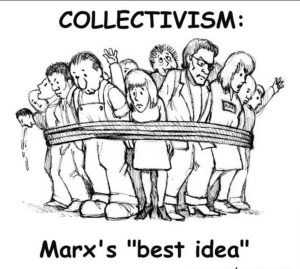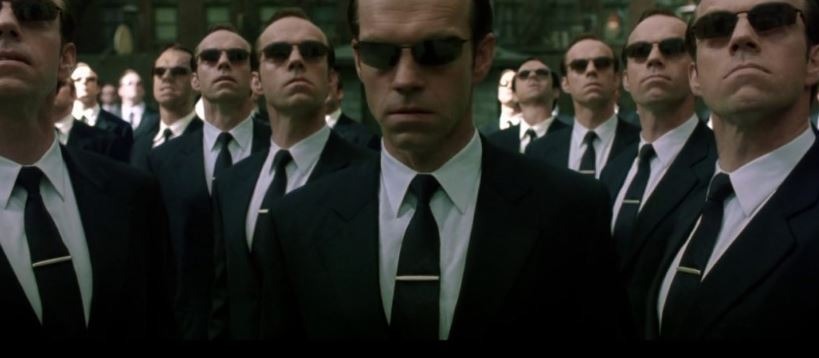
When the slaves revolt, they will seek the blood of their masters.
In 2013, a century after the establishment of the Federal Reserve, I published The Golden Pinnacle. The novel’s hero is Daniel Durand, a Wall Street banker. Chapter 27, “Fools’ Gold,” features Daniel’s testimony in 1913 before a House of Representatives subcommittee against legislation under consideration that would establish the Federal Reserve. Eleanor is Daniel’s wife and Tom and Alexander are two of his four sons. As the current banking crisis unfolds, I won’t have much to say that will add in any meaningful way to what I said in “Fools’ Gold”. Why repeat myself? Perhaps I’ll just keep linking back to this post. Please share in whole or in part with attribution and a link back to this post.
From “Fools’ Gold”
Daniel sat at a table in a committee hearing room of the House of Representatives. The drafts crisscrossing the room carried the winter cold of February. There were few spectators in the gallery. Daniel glanced at Eleanor, who sat with Tom and Alexander, but she was staring in a different direction. Although she had wished him well, she had seemed preoccupied when they met briefly in the hall outside the hearing room.
Members of the subcommittee of the House Committee on Banking and Currency strolled to their seats, signs denoting the representative, at an elevated, semicircular panel at the front of the room. They chatted with each other. Nine representatives sat down. The chair for Representative Bulkley of Ohio remained empty. The chairman of the subcommittee, Representative Carter Glass, from Virginia, banged his gavel.
“The hearing in consideration of House Bill 7837, for the establishment of a federal reserve bank and the furnishing of an elastic currency, shall now come to order. The subcommittee will hear the testimony of Mr. Daniel Durand, from the firm of Durand & Woodbury, of New York.” Chairman Glass’s accent had an unmistakable Virginia lilt that reminded Daniel of Aldus Kincaid, his attorney for the court of inquiry. A dapper gentleman in his mid-fifties, Glass had prominent ears and a nose that filled a larger proportion of his face than the average nose filled of the average face.
“Thank you, Mr. Chairman, and thank you, members of the committee,” Daniel said. “This legislation is still in its early stages and the details of the reserve system are the subjects of dispute. However, before everyone is enmeshed in them, it’s time to consider not just the purported benefits but also the real dangers of central banking and government-created money, or an elastic currency, if you will, and to ask if this supposed innovation is in the best interests of our country.” He glanced at his notes.
“A persistent misnomer is the term ‘bank deposit,’ which is not a deposit at all. If I take an item to a warehouse and pay a fee to deposit it for safekeeping, when I exercise my contractual rights and claim it, the owner of the warehouse must give it back to me. The owner can’t lend it out, use it to secure a loan, or give it to another depositor to satisfy his claim. On the other hand, when I put my money in a bank, the banker can lend or invest it, use those loans and investments as collateral to borrow money, or use my funds to pay creditors or other depositors. I haven’t deposited my money in the same sense that I deposited the item at the warehouse.
“My deposit is actually a loan and I’m an unsecured creditor of the bank. Much of the instability of the present system stems from a fiction. The respectable bank is housed in a neoclassical fortress and prominently displays a sturdy vault, to convince the depositor his money is safe. In fact, almost all his money leaves the bank in search of a return higher than the interest the bank pays him. Only a small portion is held in reserve to meet depositor withdrawals, although all depositors are told they can withdraw their money on demand.
“The bank has made a promise that it can’t always keep. Business and financial cycles are as immutable as human nature. When famine follows feast and fear replaces greed, the demand for money inevitably increases. The banker faces his worst nightmare—a run on the bank. Banks with sufficient reserves or borrowing power survive. Those without them go bankrupt.”
Daniel looked up at the representatives. Only a couple appeared interested.
Continue reading






